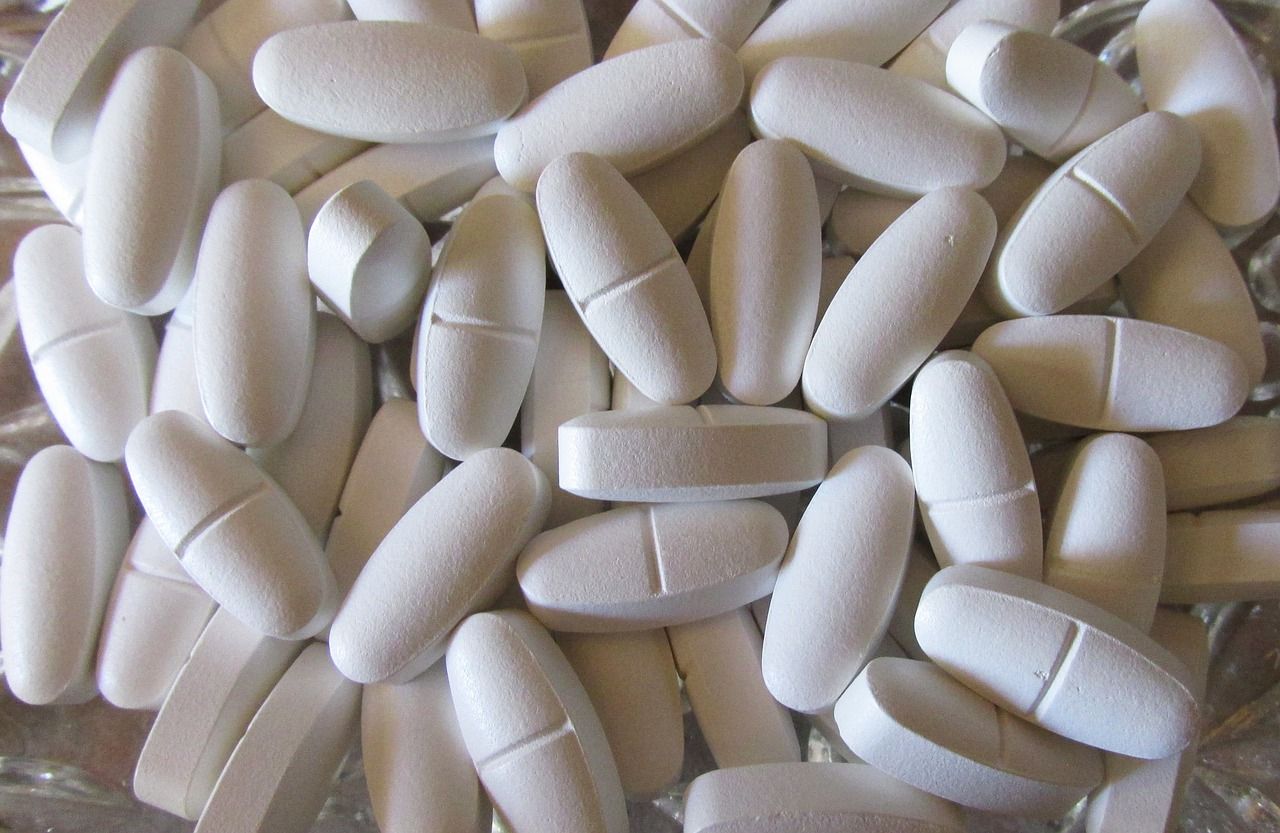Calcium is one of the most vital minerals for
the proper functioning of your body. In order to build strong bones and teeth,
it is important to have sufficient calcium levels. It also impacts the functioning
of the heart as well as several muscles in the body.
How does the consumption of vegetable fat affect risk of strokes?
Deficiency of calcium can lead to serious
conditions like osteoporosis, osteopenia and hypocalcemia. It is
also one of the reasons behind children not reaching their true height
potential as adults. You must consume sufficient calcium everyday through food,
supplements or vitamins.
5 common symptoms observed in people
suffering from calcium deficiency are:
Muscle problems
If you experience muscle aches, cramps and
spasms on a regular basis then you might have insufficient calcium levels. This
is often accompanied by pain in the thighs, arms, numbness and tingling
sensations throughout the body. More extreme sensations indicate severity of
the deficiency.
World Soil Day 2021: Check theme and significance of this day
High levels of fatigue
If you feel fatigued and sluggish all the
time, find it difficult to sleep then one of the reasons could be low levels of
calcium. The mineral’s deficiency can make a person feel lightheaded, dizzy,
unfocused, confused and forgetful.
Nail and skin problems
Calcium deficiency for a long time can lead
to dry skin, brittle nails, coarse hair, skin inflammation and skin itches amongst
several other problems.
5 foods to eat if you want to live over 100 years
Severe premenstrual syndrome (PMS)
Women with low levels of calcium often
suffer from a severe case of premenstrual syndrome (PMS). A study conducted in
2017 showed that the mood of participants improved greatly after taking 500
milligrams of calcium everyday for two months. In 2019, a study found that low
levels of calcium and vitamin D contribute heavily to symptoms of PMS.
Dental problems
People with low levels of calcium suffer
from problems like tooth decay, brittle teeth, irritated gums and weak tooth
roots.






